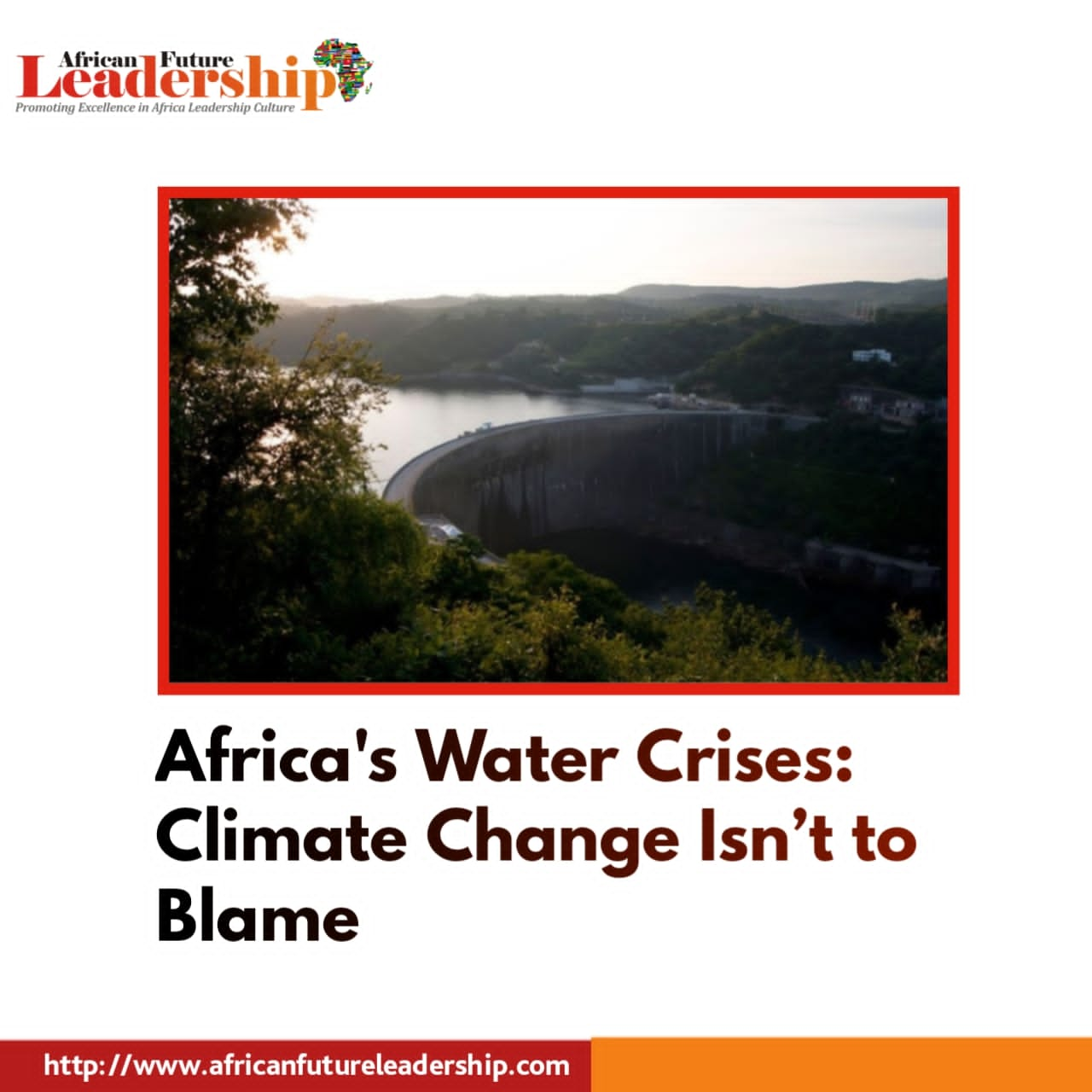At the twighlight of a new political landscape, Benin has geared up for legislative elections from Sunday, in which unlike in 2019, voters will be able to vote for opposition parties if they wish.
The hope is that the vote also won’t be marred by violence, as it was in 2019. Seven parties, three of which claim to be in opposition, are vying for the 109 seats in the National Assembly, 24 of which are reserved for women.
Accordingly, President Patrice Talon, elected in 2016 and then re-elected in 2021, is regularly accused of having made an authoritarian shift in the name of development in a country once hailed for the dynamism of its democracy. But its primary opponents now live abroad, targeted by court cases in Benin. And several journalists have been arrested and a foreign journalist was expelled in recent years.
Meanwhile, the Bloc Républicain, President Talon’s party, has its stronghold in the north of Benin, as does Les Démocrates, former President Thomas Boni Yayi’s party.
Again, another party, the Progressive Union for Renewal, also supports President Talon.
The two men are former allies – Talon, a cotton tycoon, bankrolled Boni Yayi’s successful presidential runs in 2006 and 2011.
Poignantly, they fell out in late 2012, prompting Talon to leave the country for three years, accused of trying to poison Boni Yayi.
Benin is also increasingly being threatened by Islamic extremism, as is much of West Africa’s inland Sahel region.
READ MORE: FG: Incoming Administration Will Inherit N77trn Debt
So, in September Islamic State claimed to have carried out its first attacks inside Benin, in the north. In its Al-Naba newsletter the group said it had carried out two operations, the first killing four Beninese soldiers and the second two soldiers.
And quite sadly, violence by extremists linked to Al Qaeda and the Islamic State group has plagued the Sahel for more than seven years. Now it is spreading into the coastal states with Benin the hardest hit, experts say.
This is such that jihadist attacks in Benin have spiked more than tenfold between July and December compared with the same period last year — from 2 to 25 — according to the Armed Conflict Location & Event Data Project.
And Intriguingly, this is more than any other coastal state in West Africa. If the extremist violence continues to spread it could have far-reaching consequences, analysts have said.




